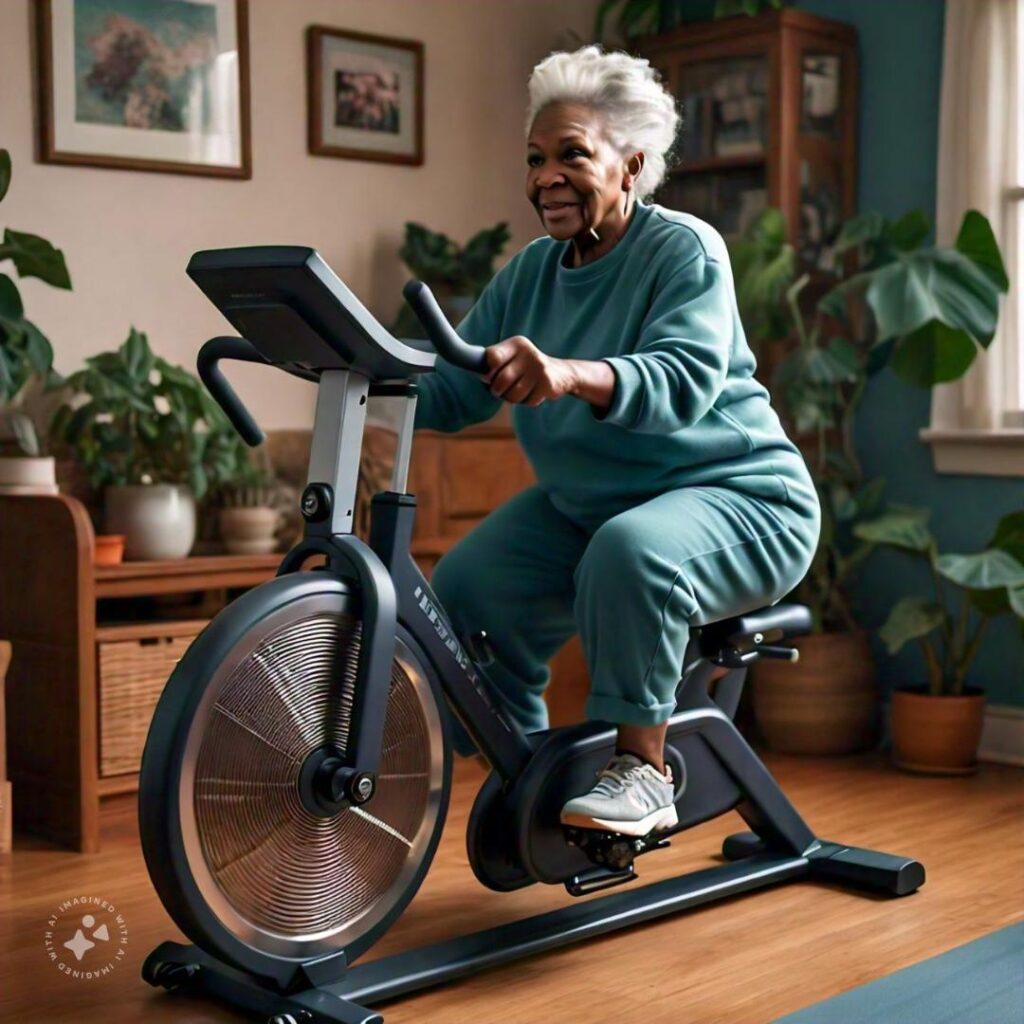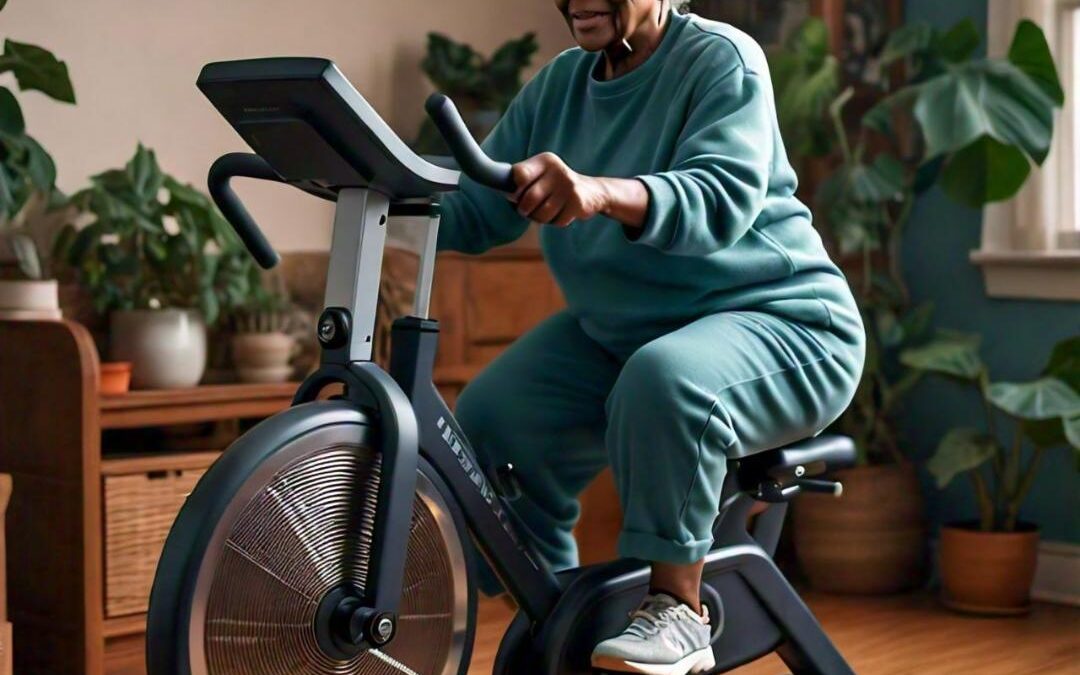

Wednesday 21 August 2024
As we get older, our immune system naturally undergoes changes that can make us more susceptible to infections and illnesses. However, there are plenty of proactive steps we can take to support our immune health and maintain our vitality.
With age, the body produces fewer immune cells, and those cells may respond slower to threats. This can lead to a higher risk of infections, slower wound healing, and a decreased response to vaccinations.
The good news is that we have a significant amount of control over our immune health. Here are some key lifestyle factors that can make a real difference:
- Healthy diet: Focus on nutrient-rich foods like fruits, vegetables, whole grains, and lean protein. These provide essential vitamins and minerals that support immune function.
- Regular exercise: Moderate physical activity, like brisk walking or swimming, can help boost circulation and promote immune cell activity.
- Quality sleep: Aim for 7-8 hours of sleep each night. Sleep is crucial for immune system repair and regeneration.
- Stress management: Chronic stress can weaken the immune system. To manage stress, practice relaxation techniques like meditation or deep breathing.
- Vaccinations: Stay up to date on recommended vaccinations, including the annual flu shot and any boosters.
When to consult a doctor
If you experience frequent infections, slow wound healing, or unexplained fatigue, it’s important to talk to your healthcare provider. They can assess your immune health and recommend any necessary interventions.
Remember, a strong immune system is key to maintaining health and well-being as we age. By making healthy lifestyle choices and staying proactive, we can give our bodies the best possible chance to fight off illness and stay strong.
Source: McMaster Optimal Aging Portal

